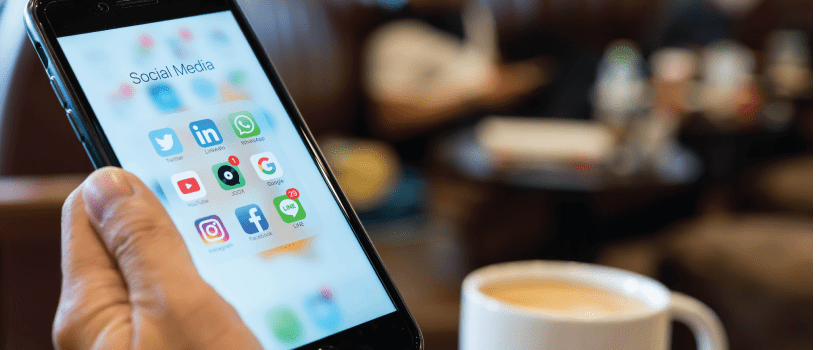Is Buying Fake Followers Really Such A Bad Thing?

Here’s the thing – social media is really, really hard. It’s been a fact of the industry almost from day one, and it doesn’t help that the goalposts are always shifting. Achieving genuine, meaningful engagement with your followers and customers across your social media channels is positively an art form for businesses, and this type of interaction takes time to build.
Despite this, some people and businesses choose to take the easy way to social media success by simply buying followers, which is the big social media scandal that’s been dominating headlines in the past few weeks. If you’ve not been following it from the start, you might be wondering what’s got everyone rattled. OK, so let’s break it down.
The Fake Followers Scandal In A Nutshell
In the past few weeks, the New York Times ran an expose that revealed a whole bunch of high-profile individuals – including celebrities, journalists and politicians – had paid to boost their followers on social media. The followers were artificial ‘bots’ – otherwise known as automated accounts, designed to mimic the accounts of real users. This is sometimes known as juicing, and it’s caused some major PR damage to those in the middle of it. Many cases involved a company called Devumi, which was paid to create and automate these accounts. Since the publication of the article, Devumi’s now feeling the heat under the spotlight, too.

Part of the reason for the media firestorm is that Facebook and Twitter are taking it somewhat personally. You can’t blame them – automated accounts are a huge issue for social media platforms. By some estimations, around 48 million accounts on Twitter are fake, which totals about 15%. Meanwhile, late last year, Facebook admitted to investors that they had twice as many fake accounts as they’d initially thought.
Now, lots of brands and businesses judge success in the world of social media to be dictated by follower numbers. In fairness, this isn’t entirely incorrect. There’s no denying that the size of genuine follower bases can be a big influencer in the amount of exposure your posts receive. The uninitiated may think that buying followers doesn’t cause any harm to anyone, so why would making the purchase be such a bad thing?
(You may have already guessed, but I’ve got quite a lot of answers for that one!)
Here’s Why You Shouldn’t Buy Fake Followers On Social Media
I mentioned above how bots are often designed to mimic the actions of real social media users. The shadiest part is that many of those businesses find that the easiest way to do this is to simply steal the online identities of real users. The original NY Times article talked about a 17-year old who had her name and picture stolen by a bot, which then used it to promote various accounts selling things like crypto-currency and even graphic pornography. True, it’s an extreme example, but it shows that buying followers is definitely not a victimless crime, and certainly not something you want your business to be associated with.
It’s also for exactly these sorts of reasons that the practice of buying followers is explicitly banned by both Facebook and Twitter, and can land you in serious trouble if you’re caught. Both platforms actively run searches designed to crack down on it, and if the recent NY Times article demonstrated anything, it’s that it’s easier than ever to get caught.

Equally importantly: it’s not true engagement! Automated accounts can retweet you, but they’re not useful for any kind of return on investment. They won’t drive traffic to your site, they won’t buy from you, and they won’t inspire real people to either. In short, fake followers won’t help to fulfil your specific commercial objectives, which makes them an absolutely useless part of your online web presence. So the real question is – why would you pay any money for them?
What’s The Alternative?
As I started by saying, proper engagement takes time. It’s kind of like Search Marketing (SEO) in that respect. Both take time to get results because they’re ultimately geared around gaining trust for your business. With SEO, it’s trust from Google, and with social media, it’s trust from your users. In fact, it’s a lot like forming any relationship, when you think about it!
This is where I come in as Social Media Executive. My job to build custom social media strategies and content plans that put your brand directly in front of your customers, and build their trust in your business through meaningful, genuine interactions. Believe it or not, smaller numbers of genuine followers provide you with far more value than larger numbers of artificial ones.
If you want to know more about our process here at 21Digital Agency, take a quick look at our social media service page, or give us a call in the office on 01254 660 560. We’re here to help!

As 21Digital Agency Social Media Executive, Ben is responsible for crafting engaging, innovative campaigns that achieve each client’s specific commercial objectives. As well as curating content through liaising with in-house copywriting and design teams, Ben is constantly adapting his campaigns to the latest industry trends, to ensure they’re always delivering the very best results.










